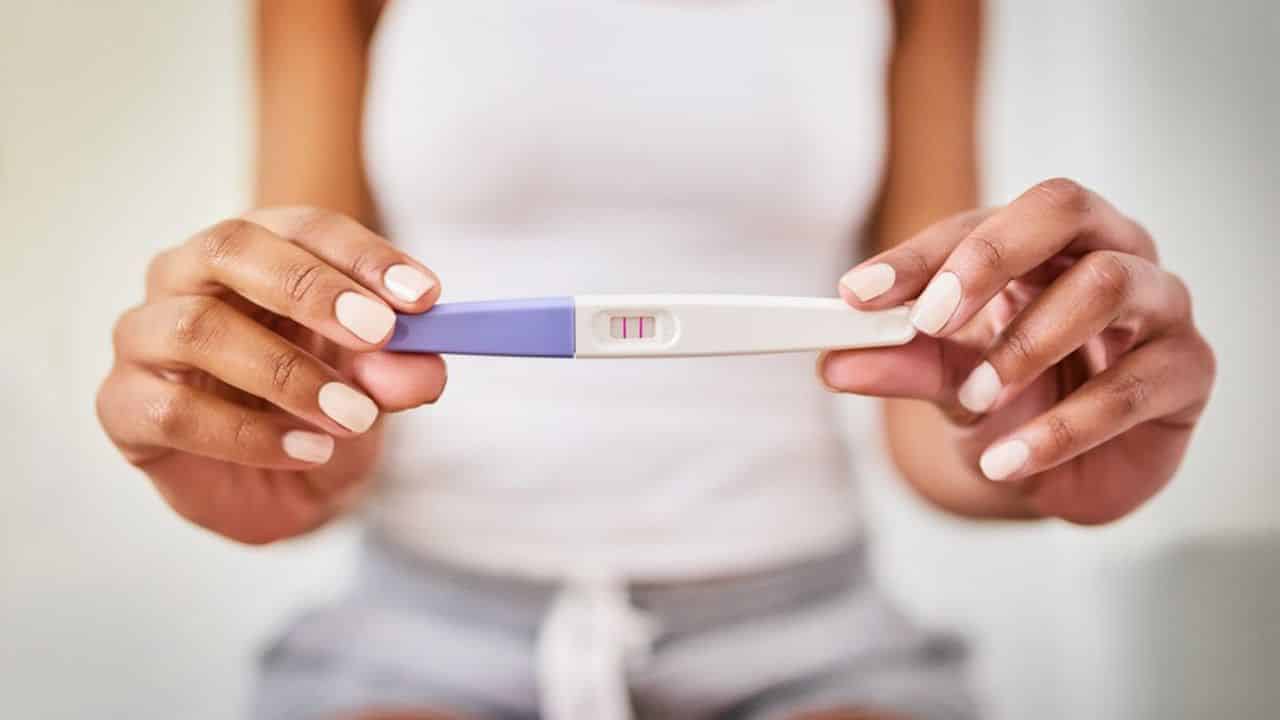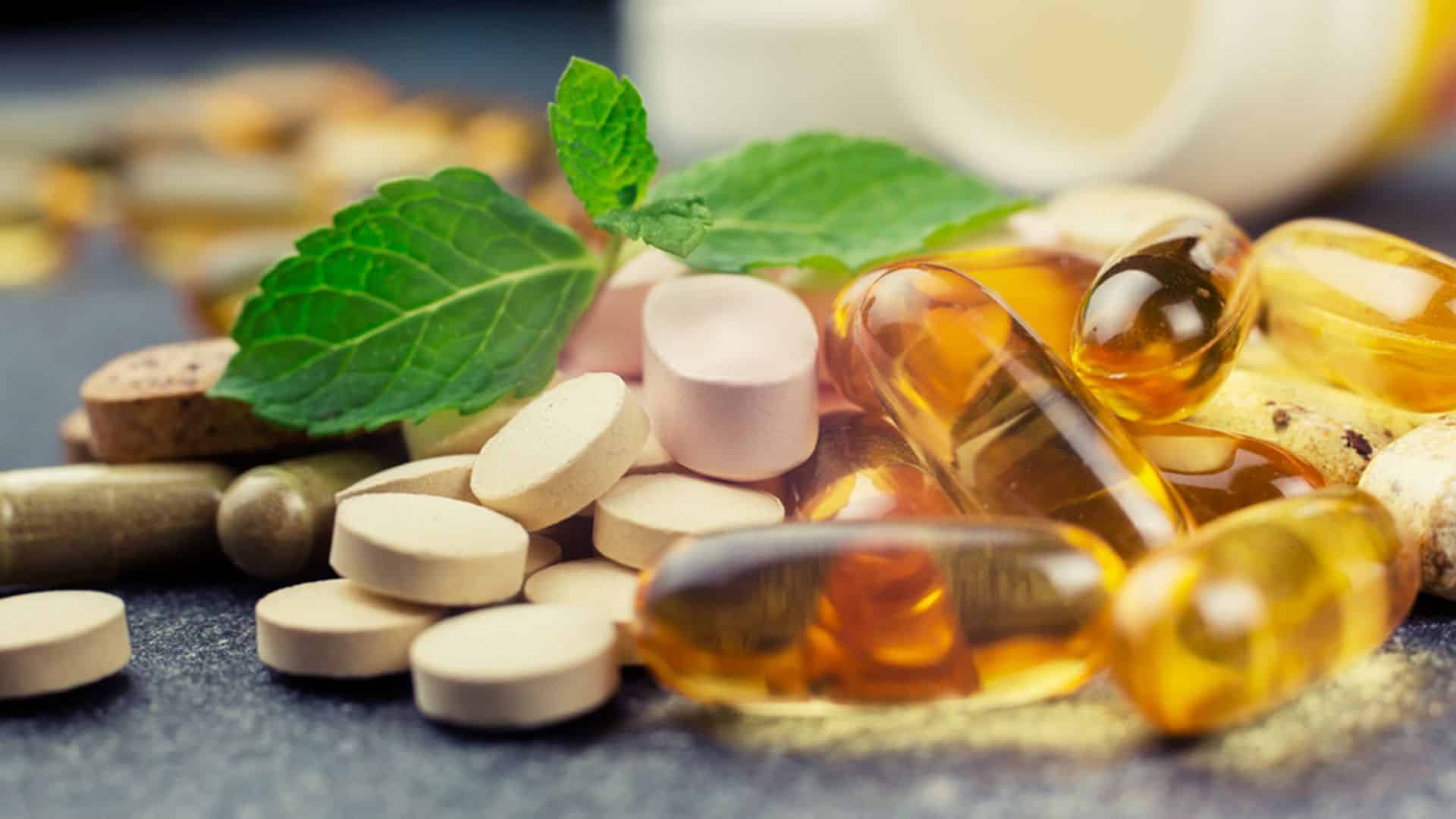Coenzyme Q10, also known as ubiquinone, ubiquinol or coQ10, is a substance with powerful antioxidant action.
Coenzyme Q10, also known as ubiquinone, ubiquinol or coQ10, is a substance with powerful antioxidant action. It is produced by the human body itself and is responsible for generating energy for cells.
This enzyme plays important roles in the body, so it is essential to always maintain an adequate amount in the body. It is not always necessary or recommended to use coQ10 supplementation with medication. However, it is perfectly possible to enjoy its benefits by including foods rich in this substance in your diet.
By the way, coenzyme Q10 acts in the body not only by generating energy and preventing diseases. Its effects also include a notable improvement in fertility, both female and male. Furthermore, this substance is an effective agent in combating premature aging, and can even reduce wrinkles, being an ally for aesthetics.
Benefits of coenzyme Q10
1. Coenzyme Q10 improves physical performance

First of all, the main role of coenzyme Q10 in the body is the production of energy (ATP) in cells. Furthermore, as it has antioxidant properties, it reduces oxidative stress that impairs muscle function. As a result, there is an improvement in physical performance and a reduction in fatigue.
By the way, coenzyme Q10 supplementation is often related to weight loss. However, it does not necessarily have a weight loss effect, but rather a generation of energy and improved performance during physical exercise. Which, consequently, contributes to weight loss.
2. Helps protect the brain
Coenzyme Q10 levels in the body decrease over time, which makes cells gradually more vulnerable to the action of oxidative damage. Above all, in the case of brain cells, this oxidative damage is responsible for diseases such as Alzheimer's and Parkinson's disease.
Therefore, replacing coenzyme Q10 in the body would be important to reduce the oxidation of brain cells and, thus, prevent diseases. Furthermore, studies have shown that coQ10 also helps in the treatment and reduction of symptoms of diseases such as depression, bipolar disorder and migraines.
3. Improved fertility

Both female and male fertility are affected with decreasing coQ10 levels as age advances. Eggs and sperm gradually decrease, lose quality and become increasingly vulnerable to the action of oxidative damage. However, the antioxidant properties of coenzyme Q10 can help maintain healthy eggs and sperm, increasing their quantity, resistance and quality.
4. Helps prevent cardiovascular diseases
Studies show that coenzyme Q10 can reduce triglyceride and cholesterol levels in the blood, which generally cause the accumulation of fat in the arteries, which, in turn, results in complications and various cardiovascular diseases.
Furthermore, some of the treatments used to treat cardiovascular diseases involve substances such as statins, which decrease coQ10 levels in the body. Therefore, restoring adequate levels of coenzyme Q10 in the body is important to protect the heart from diseases of this nature and improve its performance.
5. Coenzyme Q10 fights premature aging

The antioxidant action of coenzyme Q10 not only provides energy to the skin, but also protects it from UV rays from the sun and the damaging effects of free radicals present in the body. In this way, coQ10 prevents both premature skin aging and skin cancer. Furthermore, using this enzyme in creams has even been shown to reduce wrinkles.
Other additional benefits of coenzyme Q10 are:
- Strengthens the immune system;
- Helps in the fight against diabetes;
- Helps prevent cancer.
How to use coenzyme Q10

Coenzyme Q10 does not remain stored in the body and tends to decrease with age, so it is important to include it in your diet or use supplementation to maintain healthy doses of the enzyme in the body.
However, regarding coenzyme Q10 supplementation, it is essential to consult a doctor or nutritionist to investigate whether it is really necessary to use supplements and find out the recommended dose for your case. However, the recommended daily dose is generally 50 mg to 200 mg, supplements can be found in pharmacies in the form of capsules or even creams, containing only coenzyme Q10 or added to other vitamins.
Coenzyme Q10 is fat-soluble, therefore it is soluble in fat and, therefore, ideally it should be consumed with meals so that there is better absorption in the body. Furthermore, it is necessary to pay attention to contraindications, as Anvisa disallows the use of coenzyme Q10 supplementation for children under 12 years of age, women who are breastfeeding and pregnant women without medical permission.
Ingesting coenzyme Q10 through foods rich in the substance has no contraindications and is part of a healthy diet. With that in mind, we list below foods that contain coQ10 to include in your meals:
- Cereals;
- Peanut;
- Nuts;
- Meat and fish;
- Red fruits;
- Military;
- Lentil;
- Tofu;
- Spinach and broccoli;
- Orange;
- Avocado;
- Mushrooms;
- Damascus;
- Sesame;
- Pistachio
- Litter.
After all, did you enjoy learning more about coenzyme Q10 and its countless benefits? Also check out: Supplements for women.
Source: Tua Saúde, UOL, Ocean Drop.
Images: Vita Foods Insights, UOL, Women's Area, Clínica Saute, My Best.




